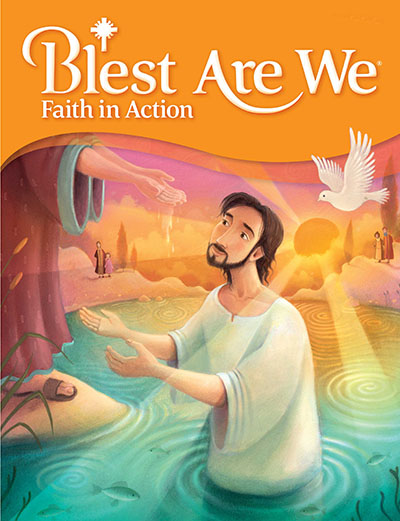This week's latest foray into grandparenting included taking three of my young grandsons to their gymnastics class. I'll admit I was a bit nervous, not so much because of the rigorous activities they'd be involved in but wondering how I could keep my eyes on all three of them at once for two hours.
My worries were unfounded, and I discovered the joyful world of children mastering their bodies, particularly the youngest. I watched my four-year-old line up excitedly with other children as they leaped from booster bags with arms outstretched, attempting to grab onto an overhead bar and swing before falling into a foam pit.
Multiple times he made an effort only to miss the bar and fall directly into the pit, except with his coach's help, who would hold children around the waist and help propel them forward and upward so their hands could reach the bar.
 He wanted to do it by himself on his last try, so we expected a quick landing in the pit. Only this time, he kept his eyes on the bar, leaped forward, and grabbed the bar with both hands. I don't know who was more surprised – his coach, me, or him. As he scrambled out of the pit, he turned around and proudly yelled to his coach, "I don't need you!"
He wanted to do it by himself on his last try, so we expected a quick landing in the pit. Only this time, he kept his eyes on the bar, leaped forward, and grabbed the bar with both hands. I don't know who was more surprised – his coach, me, or him. As he scrambled out of the pit, he turned around and proudly yelled to his coach, "I don't need you!"
Renowned educator Maria Montessori had a motto based on the natural desire of children: "Help me to help myself." My grandson's coach was doing just that every day.
It's a wonderful, motivating experience for children when they learn they can do things by themselves, and it's the responsibility of parents and educators to engage them in a process that will bring them to that point, not only in the realm of physical activity but in learning how to think.
In the realm of thought, children move from absorbing information to making connections, from facts and rules to reasoning. Most of us have encountered that child who seems to know only one word, "Why?" It can be an uncomfortable question, especially when teaching religion, because we may not have an answer or personal doubts.
A "why" question is a wonderful sign that children want to learn, and there is nothing wrong with replying, "I don't know, but let's find out together."
How do we do that in a religion class?
Memorize this Scripture verse – "For the Lord gives wisdom, from his mouth come knowledge and understanding" (Proverbs 2:6). Not only does this verse remind us that the greatest of mental achievements – wisdom – comes from God, but that wisdom builds upon both knowledge and understanding. There's a reason all three are separate gifts of the Holy Spirit and not rolled into one.
Evaluate your teaching – Are you focusing more on imparting knowledge to your students, or are you also providing opportunities for students to ask and come to an understanding of the "why" questions?
Pose the "why" or "what if" questions yourself – If your students are of an age to begin reasoning, pose a question to the class and let them discuss it in groups and then share their various answers. "Why didn't Jesus escape from the Garden of Gethsemane?" "What if Jesus' Apostles fought the Roman soldiers who came to take Jesus away?" These questions provide an opportunity to discuss several principles of the Catholic faith, including peace and sacrifice.
Making faith their own – Many parents and teachers put their hearts into teaching children about their Catholic faith, and still, when students reach adulthood, they disconnect from the Church. There is no magic formula for stopping that from happening, but engaging children in their faith and enabling them to see the fruits of an active, life-giving faith will help them decide for themselves to embrace their Catholic faith. Within a school community, there are unlimited opportunities to involve students in doing for others. Ask them for ideas and see what comes up.
 About the Author
About the AuthorMary Regina Clifford Morrell, mother of six and grandmother to nine, is a Catholic journalist, author, and syndicated columnist who has served the dioceses of Metuchen and Trenton, New Jersey, and RENEW International in the areas of catechesis and communication.
Product Highlight
 Blest Are We Faith in Action
Blest Are We Faith in Action
Give students a solid foundation to put faith into action!
RCL Benziger is your Complete Solution for distance, hybrid, and classroom learning, providing you with engaging, high-quality Catholic religious education resources for the classroom and the home. We are committed to providing outstanding resources for students, teachers, and families no matter what learning environment you find yourself in.
Blest Are We Faith in Action - School Edition Grades K-8
The Blest Are We Faith in Action religious education program engages children, youth, and their families in learning what Catholics believe, how Catholics worship, how Catholics pray, and how Catholics live. Our technology-enhanced learning resources, including eGuides, eBooks, eAssessments, and online chapter reviews, expand student learning opportunities and teacher flexibility.
